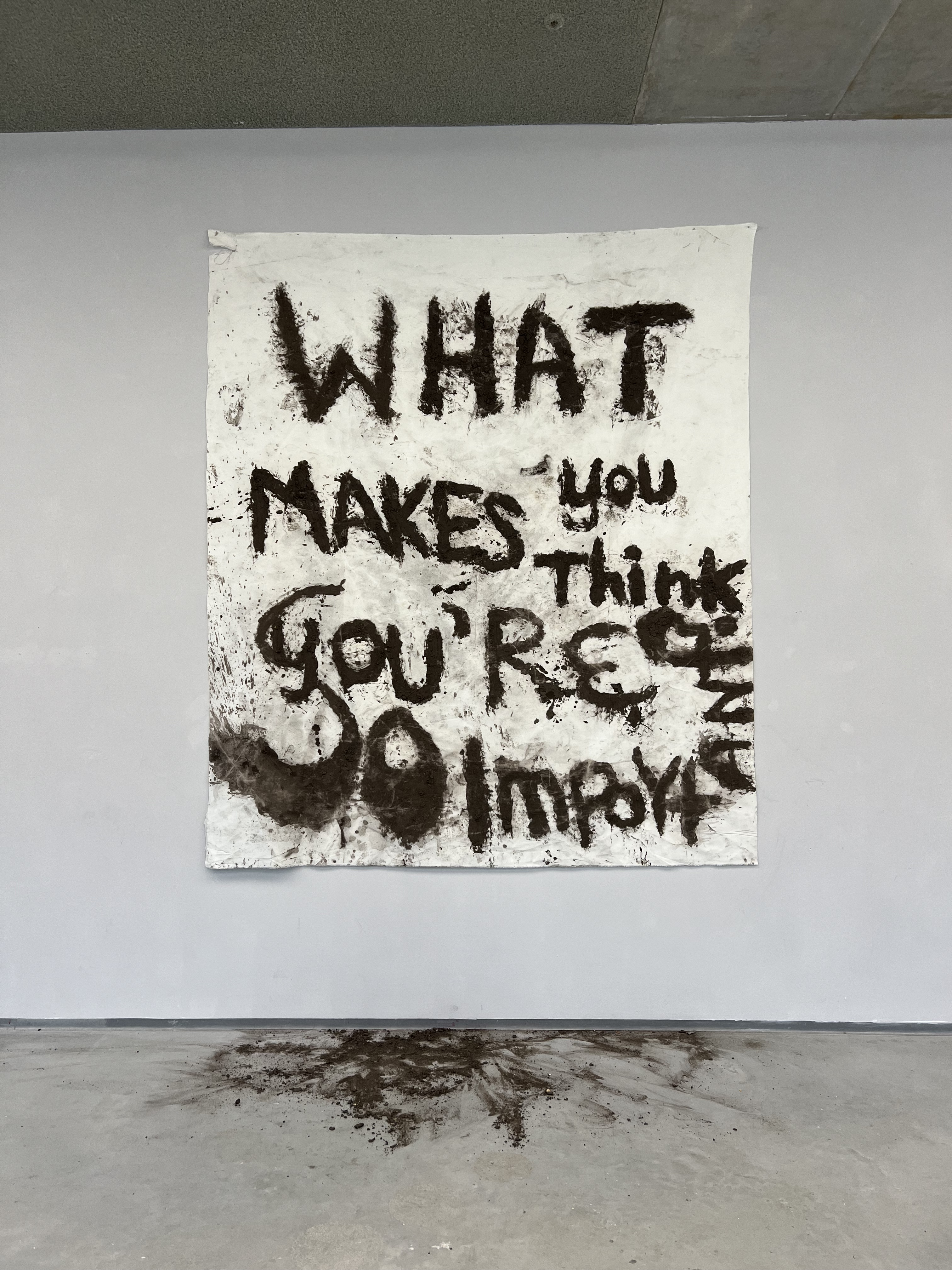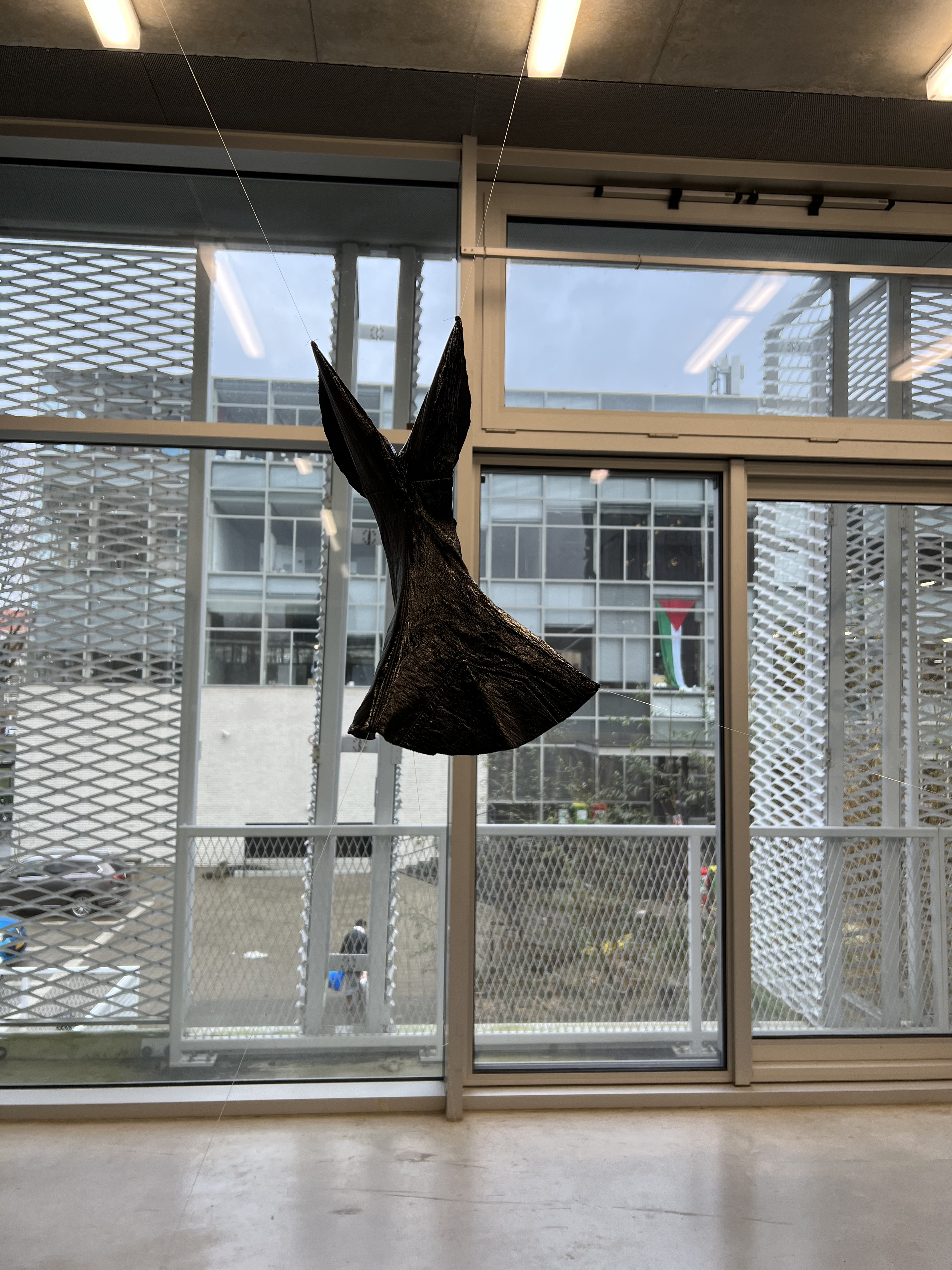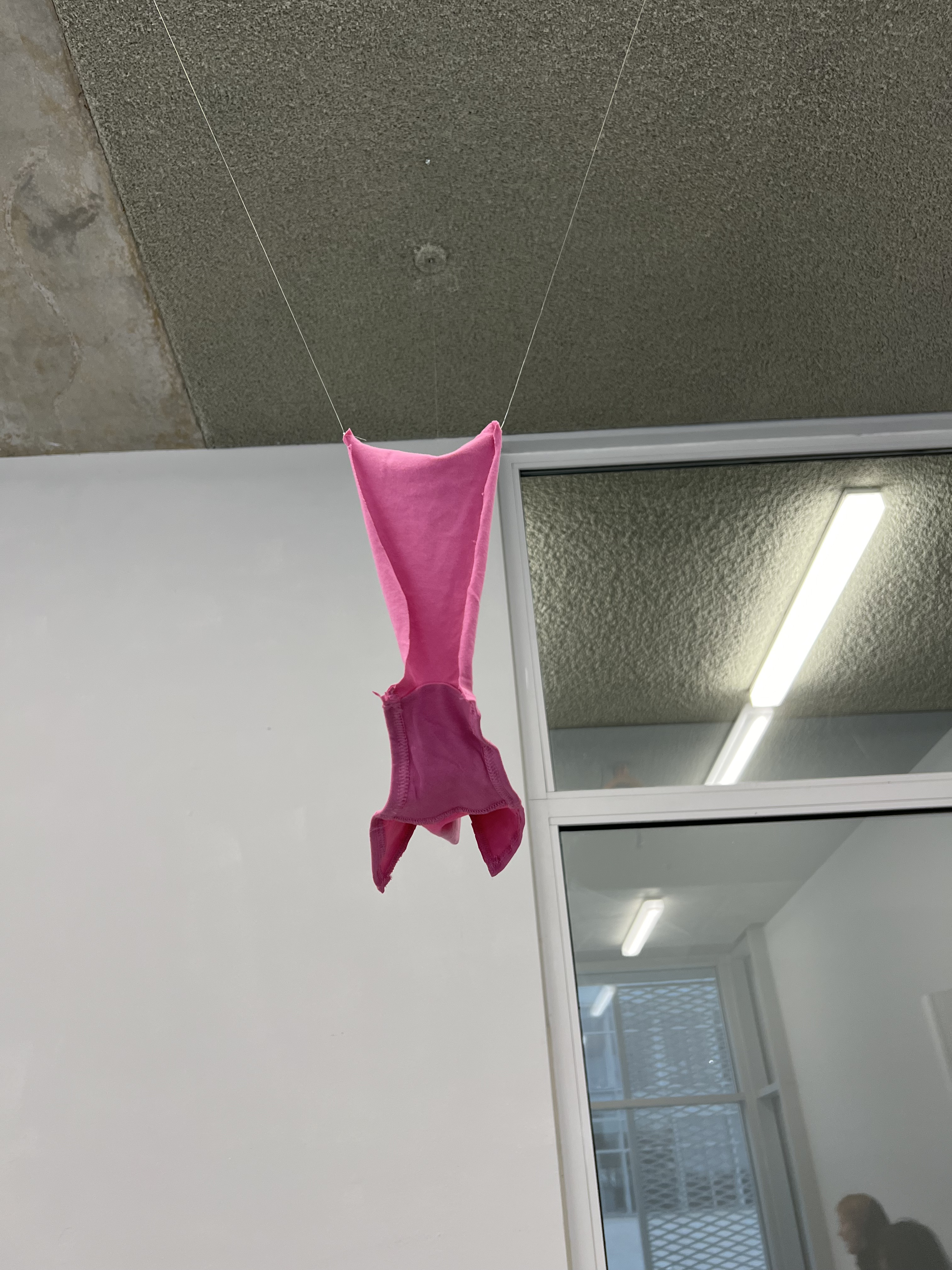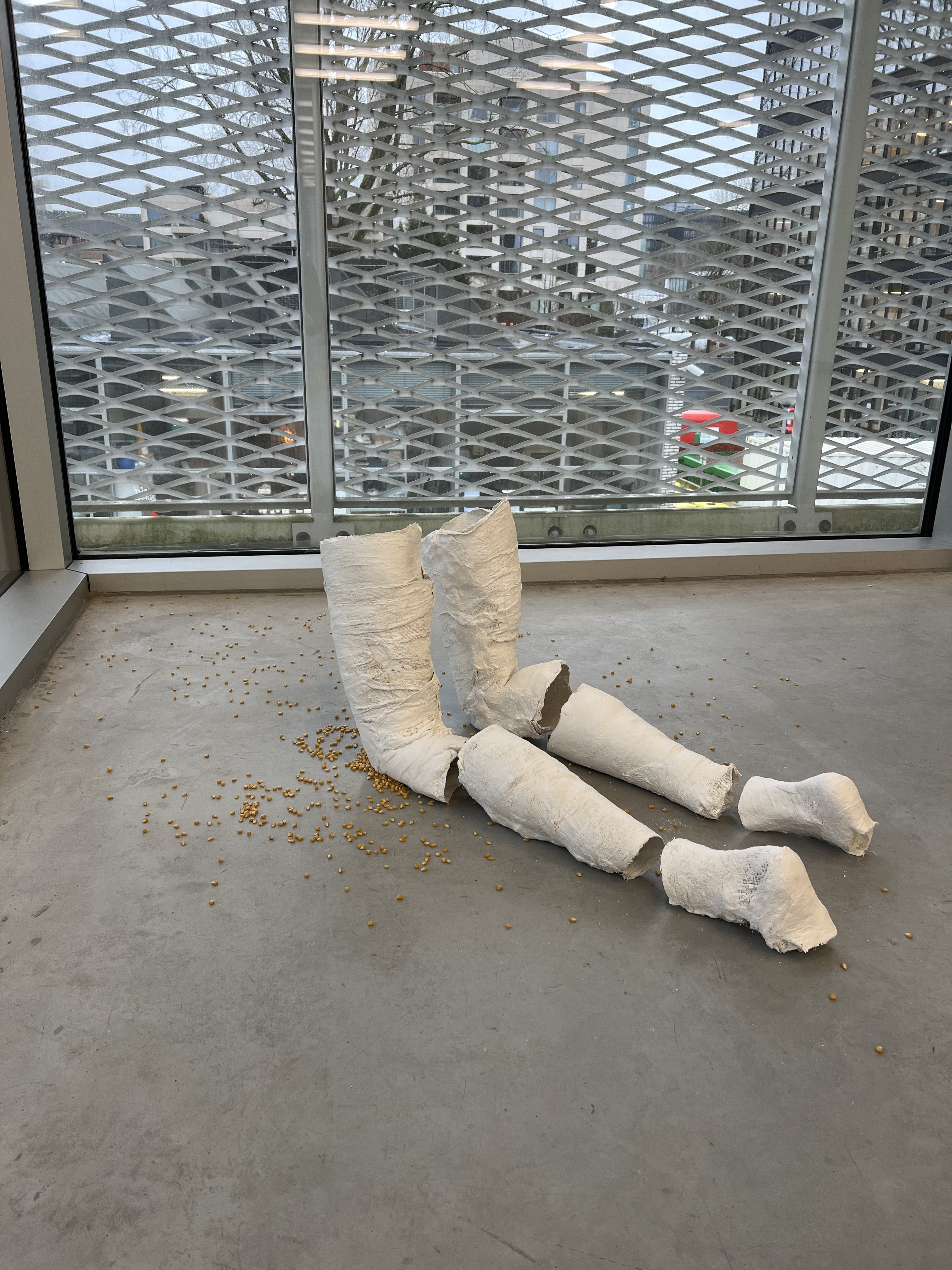




This question stuck with me ever since. I reply back to him many times in my head. The best answer to this comment is yet to come. Through each new piece I come closer to who I am, what I make, and why. Each new work is a dare completed. A daring action against that voice that finds my expression inconvenient.
Ironically, I now enjoy this question and the flames of friction it keeps sparking, because it represents a bigger problem that many of us are still a part of. Carol Hanisch, born in 1941, is a journalist and activist from Iowa who devoted her life to the Womens Liberation Movement in the United States. In 1969, she writes an emblematic letter stating that “the personal is political.”
In Carol Hanisch’s words the story goes like this:
The paper actually began as a memo that I wrote in February of 1969 while in Gainesville, Florida. It was sent to the women’s caucus of the Southern Conference Educational Fund (SCEF) a group for whom I was a subsistence-paid organizer doing exploratory work for establishing a women’s liberation project in the South…However, many on the SCEF staff, both men and women, ended up joining the criticism of women getting together in consciousness-raising groups to discuss their own oppression as “naval-gazing” and “personal therapy”—and certainly “not political.
They could sometimes admit that women were oppressed (but only by “the system”) and said that we should have equal pay for equal work, and some other “rights.” But they belittled us no end for trying to bring our so-called “personal problems” into the public arena—especially “all those body issues” like sex, appearance, and abortion. Our demands that men share the housework and childcare were likewise deemed a personal problem between a woman and her individual man.
The opposition claimed if women would just “stand up for themselves” and take more responsibility for their own lives, they wouldn’t need to have an independent movement for women’s liberation. What personal initiative wouldn’t solve, they said, “the revolution” would take care of if we would just shut up and do our part. Heaven forbid that we should point out that men benefit from oppressing women.
Cited from: http://www.carolhanisch.org/CHwritings/PIP.html
This body of work is an initiatory exploration of why I think I’m so important as to be creating from personal issues. Some of these issues touch on Latin womanhood and self-identity, others touch on the experiences of the women that raised me. My hope is that the more I create around the personal the more I will be able to see the political aspects that cross my existence literally take shape. By “political dynamics” I refer to the power dynamics at play in the particular space and time I am inhabiting. By “literally taking shape” I mean to make visible, so that if I’m able to reveal the elusive and slippery power dynamics that govern this body and mind (that I do not think are completely mine), oh how full of joy will I be!